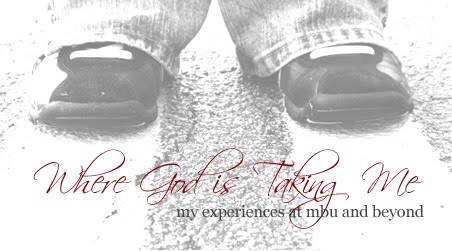I think the key to good fantasy, in my limited exposure, is achieving balance between real elements and fantastical elements. What I mean is that it is possible to err on the side of too many real elements and create a similar world that is unbelievable. On the other hand, it is possible to give fantastical attributes to too many elements in the story (characters, natural laws, culture, etc.) and overwhelm the audience's senses or cause confusion. Tolkien seems to strike a good balance. He creates a world (Middle Earth) and successfully works out the webbed details to make his story "believable." Dimensions of human nature, Earth's properties, and moral laws remain intact while at the same time he creates a new language, cultures, creatures (e.g., the orks), and modes of power (e.g., the ring and the transfer of power). Any loose ends are few and minor.
The movie sucked me in from the beginning. I like the hobbits, Gandalf, the beautiful horses and scenery, the music, the storyline (duh), and, best of all, the similarities to the gospel, which I'll discuss in my next post. People have raved about The Lord of the Rings, but I never gave it much attention. I figured it was fantasy, dark (not true), and too popular to entice me. Well.... what can I say? A friend of mine introduced me to the soundtrack, and I decided I wanted to learn more about what hobbits were and what Tolkien's elves looked like. Then, when I moved to Andy and Angela's, I read a portion of their copy of The Hobbit, the prequel, if you will, to LOTR. I'm glad I gave in.





1 comment:
I've seen the movies and have just begun to read the books! The Hobbit was excellent and now I'm working on the prologue to The Fellowship of the Ring.
Post a Comment